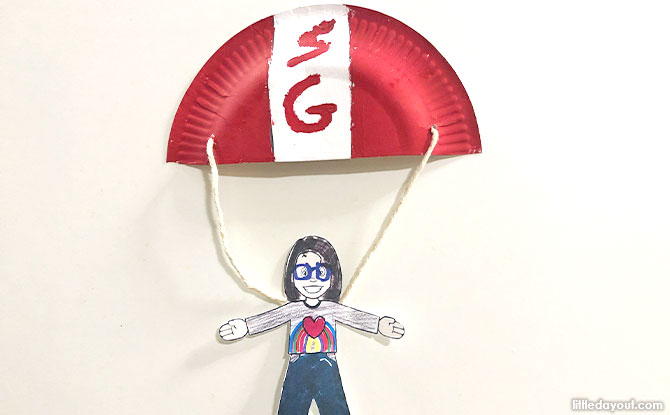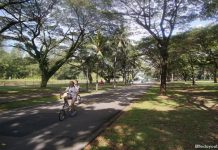
In consultation with special needs schools and organisations, Changi Airport Group has launched three new initiatives to better support passengers with invisible disabilities such as autism spectrum disorder, Down syndrome and dementia.
These initiatives aim to provide a more stress-free and inclusive travel experience for passengers with invisible disabilities. And while travel may still take some time to pick up, it is good to have these initiatives to serve travellers when it does.
Changi Airport Initiatives to Support Passengers with Invisible Disabilities
Changi Airport Social Story

Jointly developed by Changi Airport Group and the educators from Rainbow Centre Training and Consultancy, the Changi Airport Social Story is a step-by-step guide that outlines the entire airport journey.
BE PSLE-READY: Join Expert Educators for Revision Boosters to Empower P6 Students
BURP: Join the Sound Collector on a Whimsical Chase at Esplanade – Theatres on the Bay
WEEKEND IDEAS: Get Inspirational Ideas of Things to Do
Such social stories are common tools used by caregivers to familiarise those with invisible disabilities about processes so that are able to cope with new situations. The downloadable file is made up of 95 slides which can be customisation to suit each passenger’s journey and accessed on Changi Airport’s website or be printed for physical use.
Invisible Disabilities Lanyard

Passengers who prefer a more discreet way of indicating their invisible disabilities can choose to carry the Hidden Disabilities Sunflower lanyard or the Land Transport Authority’s “May I Have a Seat Please” lanyard[.
Changi Airport staff have been trained to identify these lanyards and to come forward to offer additional support, such as allowing more time for these passengers to complete a particular procedure or guiding them through airport processes.
Training for Frontline Staff to Provide Additional Support

Passengers with invisible disabilities and their caregivers can look out for Changi Airport staff with the gold Care Ambassador pin. This signifies that the staff has undergone training with Rainbow Centre Training and Consultancy to be able to assist passengers with special needs more effectively.
Over 300 frontline staff at Changi Airport have been through the training and more will be trained throughout the year.
“Navigating unfamiliar places and procedures while catching a flight can be stressful, especially for passengers whose disabilities may not be immediately apparent. We worked closely with experts and sought feedback from the community on how we could better support their needs at the airport. The initiatives aim to improve the overall travel experience for passengers with invisible disabilities and we hope it makes the airport a more comfortable and accessible place for them,” said Damon Wong, Vice President of Changi Airport Group’s Passenger Experience, Ground Operations and Customer Service.
Find out more about these initiatives here.
























